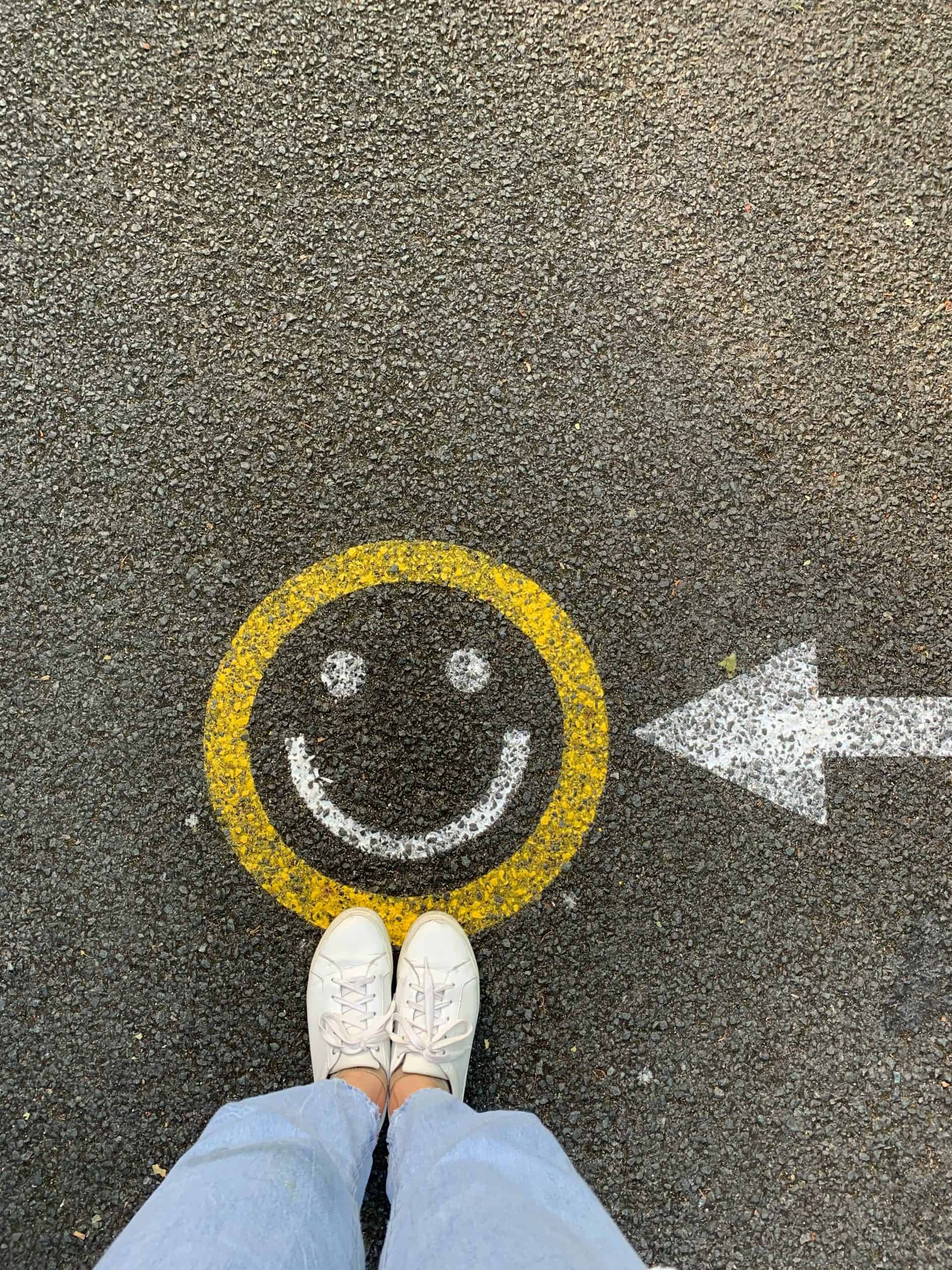10 simple habits to build resilience into busy days
- Start your day by identifying your priorities
Twumasi-Corson had a great suggestion that was recently quoted in the Guardian: Structure your work to-do list into 3 categories: ‘must do’; ‘would like to do’ and ‘if I have time’.https://www.theguardian.com/money/article/2024/may/11/how-to-boss-your-to-do-list-by-highly-efficient-people
- Be fully present when speaking with someone else.
We all know when we have someone’s full attention or if their mind is somewhere else! Over 80% of what we communicate is non-verbal, so people pick it up when you really focus on them and what is being said. The other advantage of giving someone your full attention is that you feel better for it too!
- Chunk your day into different activities which might include ‘deep work’ and ‘shallow work’.
We all need time to check emails, respond to queries, but we also need time to really focus and make space for creative, innovative work. Often this focussed time becomes frittered away by flitting between different tasks. It can be enormously helpful to plan your week, ensuring that you create time for both these different modes of work.
- Be clear about your focus and intention when attending a meeting or starting a period of work
Especially in a time of hybrid work – share an agenda for meetings and hold yourself and others to account, this often reduces the time needed for the meeting and in a world where we are spending more time than ever in meetings, this is a valuable time saver. While there was a 20% decrease in the average length of meetings during the pandemic, the number of meetings attended by a worker on average rose by 13.5%. Ineffective meetings that waste our time can negatively impact psychological, physical, and mental well-being. https://hbr.org/2022/03/dear-manager-youre-holding-too-many-meetings
- Find 10–14 minutes each day to meditate/walk in nature/tune into yourself and your surroundings.
14 minutes is one per cent of your day and I’d suggest that this is an invaluable investment on many levels. In a world where we are increasingly sedentary, being active especially in nature is beneficial physically, mentally and emotionally. We are not designed to look at a pixelated screen for endless hours, getting out and opening your awareness – whilst not connecting with your phone – can be a game-changer and result in you feeling both more energised as well as more productive.
- Take a pause between meetings or calls. Perhaps move with awareness – and no phone – to your next meeting.
Our phones are designed to be addictive – we get a hit of the ‘feel good’ hormones so it is a totally understandable that many of us check our phones as soon as we have a free minute or as a way of punctuating the end of an activity. Notice how we’ve become hugely connected to people all around the world but increasingly disconnected from ourselves.
- Engage with devices skilfully.
Both at work and at home consider ways that enable you to ‘be in the drivers seat’ rather than your phone. Perhaps during meetings there is an agreement not to have phones visible. Simply having phones on the table will impact how shallow or deep your conversation is. https://www.forbes.com/sites/curtsteinhorst/2023/09/28/phones-and-focus-how-to-win-the-uphill-battle-of-workplace-distraction/
- Connect with others who are interested in wellbeing and resilience – recognise the power of team behaviours.
I’ve noticed how in teams when one person becomes committed to any aspect of wellbeing and resilience, it ripples through the team and can lead to a ‘tipping point’ where this becomes the new normal. This can take many different forms:
- A team check in – each member mentions one thing that they feel is going well at work and one area where they would benefit from some support
- A brief ‘pause’ to arrive, to become fully present before delving into the agenda
- Weaving in time for physical/gym workouts at lunch – choosing different days of the week.
- A no later than/no earlier than for emails – unless there is an emergency
- In the headers of emails stating ‘For Action’ or ‘For Information’
- Agreeing that meetings will be 25 or 50 minutes long rather than the full half or hour.
- Acknowledge different seasons at work
For you and your team, acknowledging the busy times and that they do come to an end can be enormously helpful. It might even be that certain times of the year/different phases if projects are distinctively identified.
- At the end of the day, go back to the priorities you’ve set for the day and congratulate yourself for one thing you have achieved each day.
A client mentioned highlighting the thing that he was most pleased to have achieved. By doing this, at the end of the week you have at least 5 things you are really pleased to see crossed off the list, which in turn adds up quickly over the weeks and months. In this way your ‘to do’ list actually becomes a source of satisfaction rather that something you feel weighed down by or lug around with you.
You may be familiar with the saying ‘eat the frog’ which refers to do the thing that you want to do least, first. Even if that is the only thing you achieve in the day, you will already have been successful!
If you’d like to better understand how to embed helpful habits into your working life or the working life of your team, don’t hesitate to contact me to arrange a time to connect [email protected]
